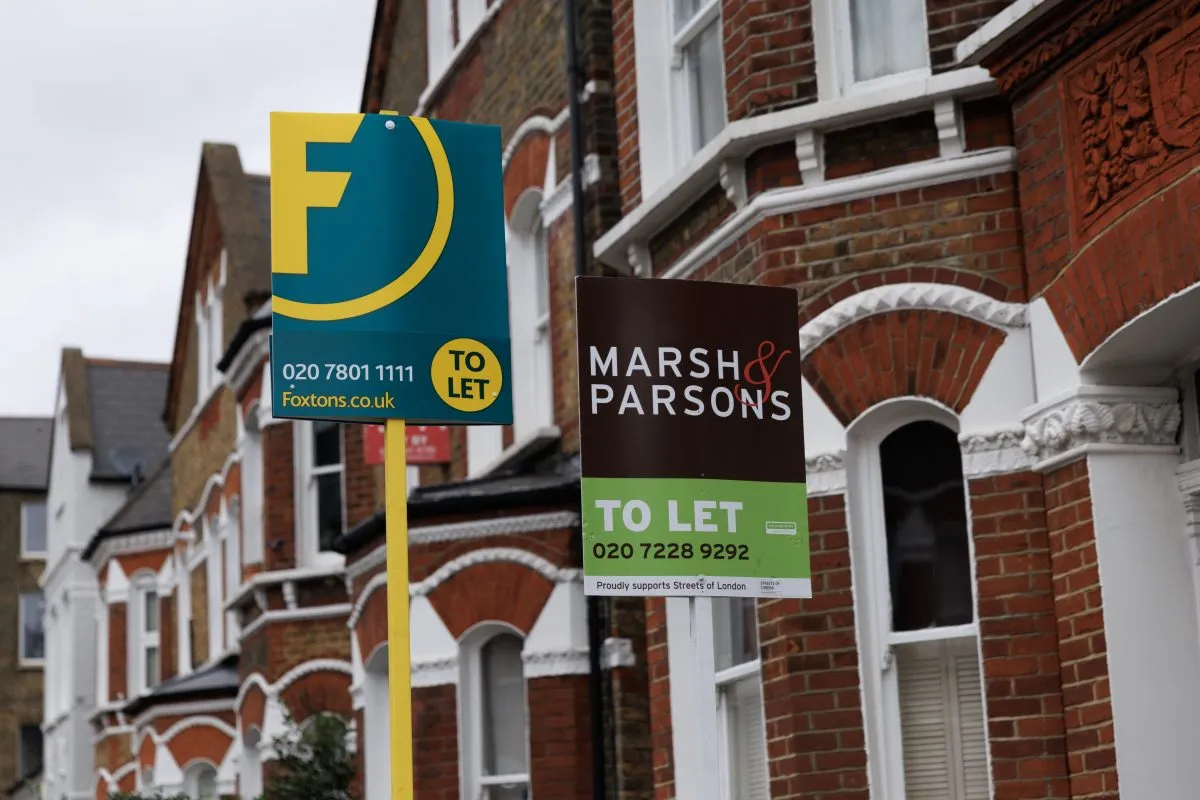By Paul Rickard
Copyright cityam

London’s housing delivery has collapsed due to regulatory delays, high costs, and stalled developments, but fast-tracking planning reform and supporting SME housebuilders could unlock thousands of homes, revive derelict sites, and make housing more affordable, says Paul Rickard
London, once the UK’s housing and regeneration powerhouse, has seen the delivery of new homes plunge to near record lows. Burdened by lengthy delays at the Building Safety Regulator (BSR), a challenging sales environment, and it simply not being economically viable to even make a start on site, many of our housebuilders have downed tools and paused their delivery pipelines.
The consequences are all around us: unfinished development sites; planning consents not being translated into construction activity; rents continuing to rise and more and more people, especially in the 25-45 age group, being priced out and forced to leave the capital.
According to the latest data, nearly 30 per cent of London’s housing delivery comes from small sites (defined as 0.25 hectares or under). Yet according to recent data from consultancy, Molior, 70 per cent of the small and medium sized sites with planning permission are yet to see a start on site in London.
Not only are economically key workers increasingly being squeezed out of inner London, driven towards the suburbs and beyond, we are failing to offer the brightest and the best the one thing they have come to expect in all other areas of their lives – choice.
Given that the new Secretary of State for Housing, Steve Reed MP, is a London MP and a former leader of Lambeth Council, I’m sure that the political consequences of these figures are not lost on him – especially ahead of all-out council elections next May in London. But also, the economic ones too. As not only are economically key workers increasingly being squeezed out of inner London, driven towards the suburbs and beyond, we are failing to offer the brightest and the best the one thing they have come to expect in all other areas of their lives – choice.
Choose a career, choose a car, choose a phone, choose a restaurant or bar, choose anything you like. Choose a home? No. Take what’s left is now often the default for many.
Yet it doesn’t have to be this way. There is a section of the housebuilding industry that is poised and ready to act. Ready to offer salvation for hard-pressed renters and would-be homeowners. These are the SME housebuilders with the potential to step up to unlock tens of thousands of new homes across thousands of small sites nationally.
All that is required is for government to fast-track work to level the playing field for SMEs. Commit to meaningful further planning reform that reduces disadvantages. And recognise that without urgent intervention, SME capacity will shrink even further, exacerbating the delivery gap in London and beyond.
Breaking the impasse
To assist the new secretary of state we have been working with a coalition of industry leaders to outline a nine-point plan which could break the current impasse and get London building again.
This plan, The Road to a Proportionate System, outlines nine practical steps to reduce red tape, rebalance the cost burden and unleash a new wave of SME-led housing. This includes introducing targeted exemptions for SME developers from burdensome requirements such as Biodiversity Net Gain, simplifying planning contribution requirements, and using the forthcoming National Development Management Policies (NDMPs) which offer a once in a generation opportunity to embed a principle of proportionality across the planning system.
This could drastically cut costs for SMEs overnight, who thanks to new analysis undertaken as part of this plan, have been found to face an average £60,000 higher cost building a one-bed home for a first-time buyer in London compared with large PLC developers. PLC developers who you will recall have curtailed their delivery pipelines in London.
Doing so would also enable the government to focus on some of the bigger challenges currently blighting delivery across much of the country, while the smaller builders carry on building new homes.
It would also provide a much-needed boost to a beleaguered sector of the housebuilding industry which has been in a state of decline since the 1990s, if not before.
Crucially for London it would get housing delivery moving, those small often untidy derelict sites developed, accelerate the renewal of our high streets, expand choice and affordability for renters through new supply at time when many Buy to Let landlords are leaving the market, and provide genuine opportunities for Londoners to get onto the housing ladder.
The consequences of not doing so are stark. It will mean that the capital will be years away from getting back on track for housing delivery. It will mean more people are squeezed out due to higher housing costs.
It will mean businesses and our public services will struggle to attract and retain the talent they need. And it will also mean that many more SMEs go to the wall and sink, with perhaps as many as half of the remaining 2,500 SMEs left in the UK going crashing into insolvency by the end of this parliament.
Paul Rickard is chief executive of London’s leading developer of affordable homes, Pocket Living



